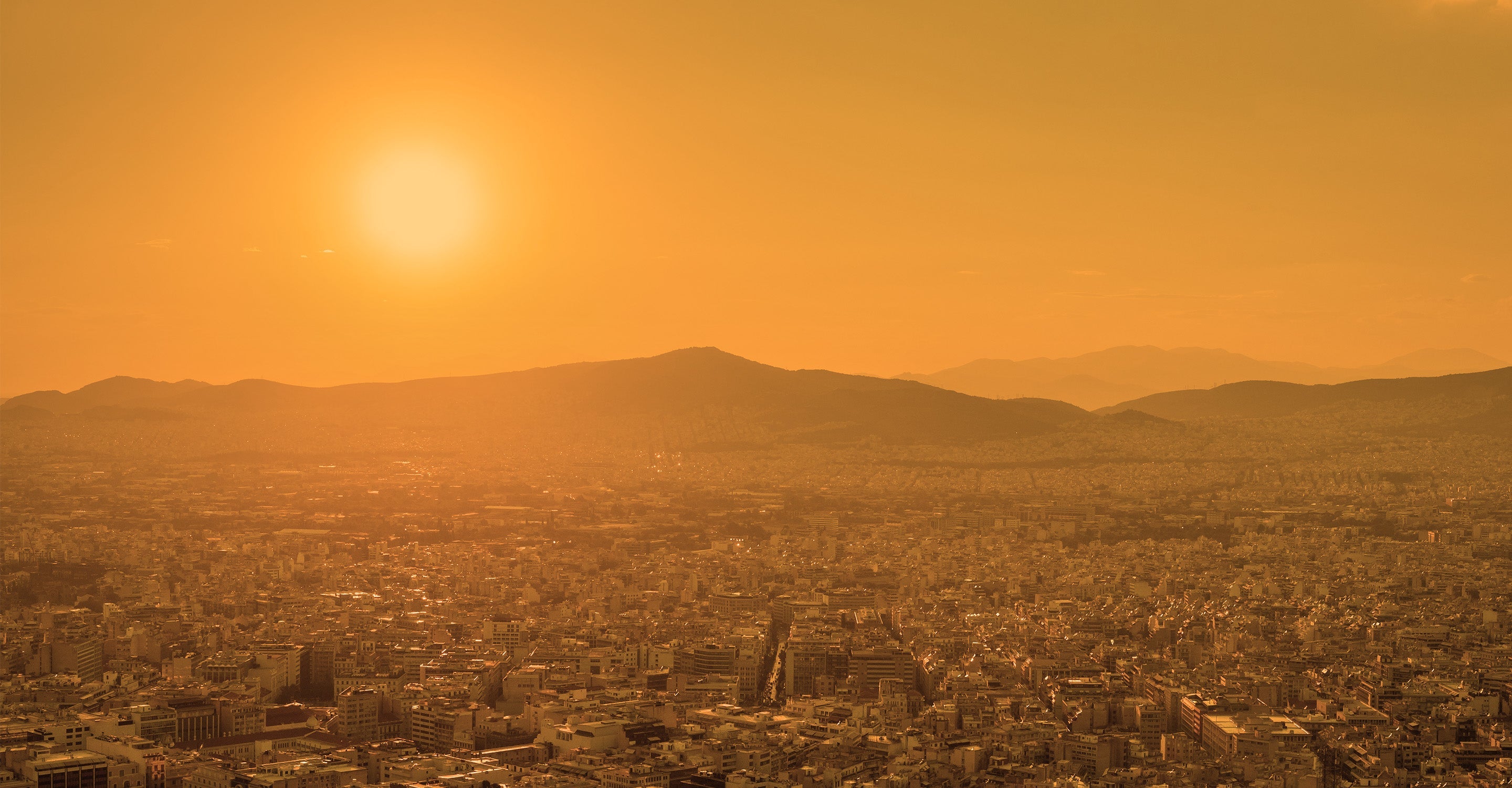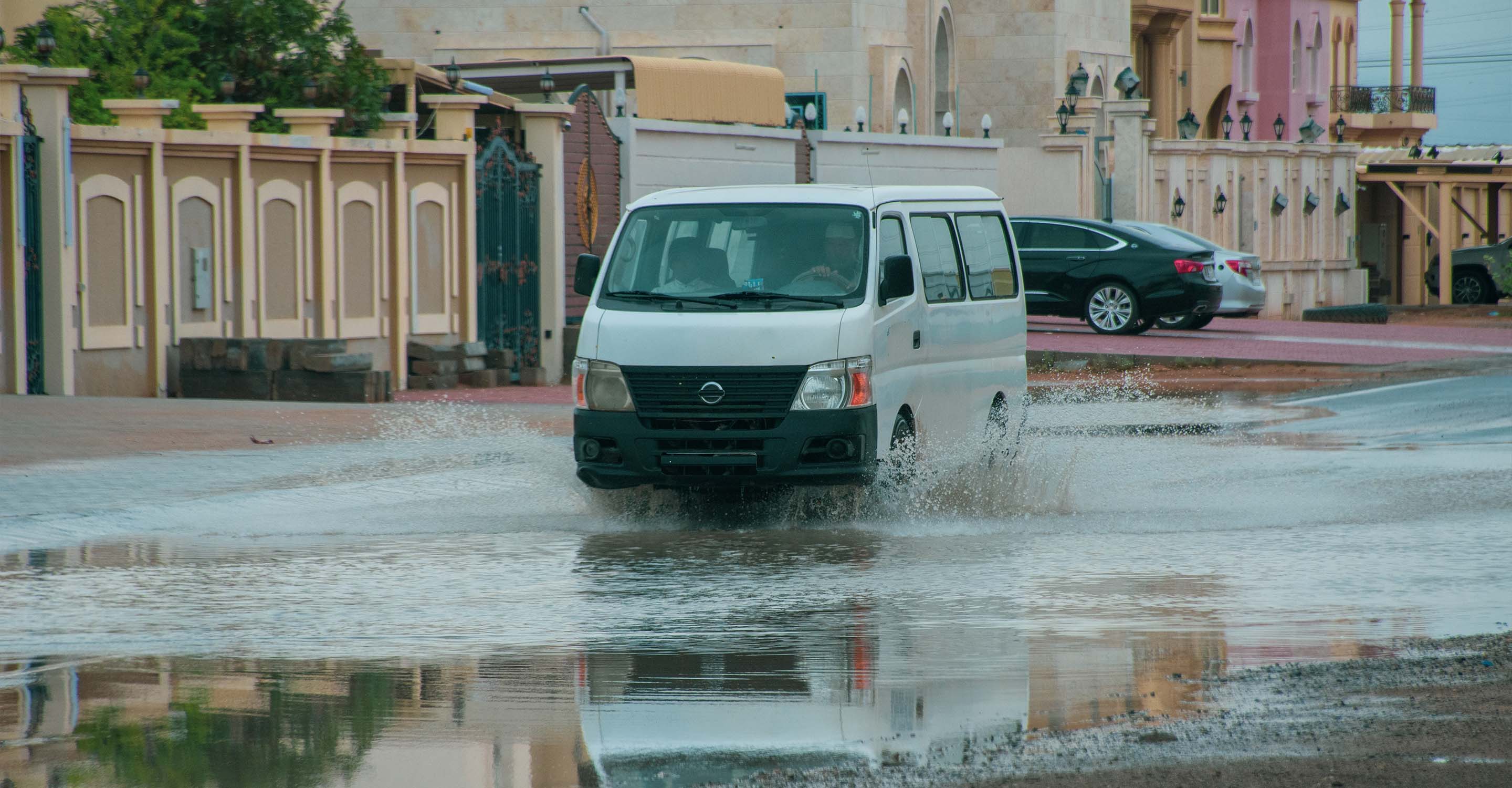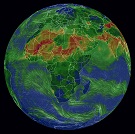Doha air quality map
Live air pollution map of Doha
99.7K people follow this city
Full screen
Contributors
3
Stations
3
Contributors category
0
Government
0
Non-profit organization
0
Educational
0
Corporate
3
Individual
0
Anonymous
Most polluted air quality stations
| # | station | US AQI |
|---|---|---|
| 1 | Aljabor | 74 |
| 2 | Orion7 | 72 |
| 3 | Westbay Lagoon | 45 |
community highlight
Doha most followed contributors
Health Recommendations
| Sensitive groups should reduce outdoor exercise | |
| Close your windows to avoid dirty outdoor air GET A MONITOR | |
| Sensitive groups should wear a mask outdoors GET A MASK | |
| Sensitive groups should run an air purifier GET AN AIR PURIFIER |
Become a contributor
Get an AirVisual Outdoor and contribute to collecting millions of data points for the Doha map to track local air pollution
Understand air pollution and protect yourself
Doha MAP AIR QUALITY ANALYSIS AND STATISTICS
What interesting information about air quality can be seen on the air pollution map for Doha?
The air pollution map for Doha is very easy to find from the main city page. At the top of this first page is seen the map icon and by left-clicking anywhere on it, a new page will open which is full of information about air quality in and around the city.
The first striking feature of the map page must be the overall colour of the map. It is currently greenish/yellow which indicates “Moderate” air quality. The meaning of all the different colours is explained in the legend at the foot of the page. Colours range from pale green to dark maroon and usually the darker the colour the worse the air quality. Also noticeable will be several coloured discs across the map. These signify the location of the ground-level air monitoring stations which provide the data regarding air quality. In the centre of each disc is a number which represents the United States Air Quality Index number or US AQI as it is often seen. This figure is calculated by measuring the levels of six of the most prolific pollutants and is then used as a metric when comparing air quality in other places. These pollutants are usually both sizes of Particulate Matter (PM2.5 and PM10), ozone, nitrogen dioxide, sulphur dioxide and carbon monoxide. The whole system is endorsed by the World Health Organisation (WHO).
Briefly looking back at the main city page, it can be seen that Doha was experiencing a period of “Moderate” air quality at the start of the fourth quarter of 2022. The US AQI reading was 81 and the main pollutant was given as PM2.5 with a level of 26.6 µg/m³. The target figure suggested by the WHO is 5 µg/m³ so Doha is more than five times that recommendation.
Below the air pollution map for Doha is stated the number of stations which provide their data. There are currently two stations provided and operated by one individual and by another who prefers to remain anonymous.
Is there much more interesting information on the air pollution map for Doha?
In order to gain full access to all the information on the air pollution map for Doha, the screen needs to be viewed in full-screen mode. If not, some of the information will remain hidden due to a lack of space.
Once viewed in this way, a drop-down table of four options will appear on the far left of the screen. The first option shows the positions of the ground-level air monitoring stations. If any of these stations are of particular interest, by selecting an individual disc, a whole new page will open which is dedicated to that local area of the city. The second option shows the location of any fires that may be burning in the vicinity. One can be seen towards the south east of the city, but by viewing option four, it is seen that the wind will blow any ensuing smoke away from the city.
Option number three is the most dramatic as it changes the background colour of the map to reflect the overall air quality. Looking at the map currently, it can be seen that it is a dirty yellow colour which represents “Moderate” air quality. If the colour is too confusing, it can be turned off and the map will return to a more natural palette.
Looking across to the far right of the screen will be seen a table which shows the ranking of world cities according to their level of air pollution.
Just below this table can be seen a list of the most polluted stations in the city. Currently, this is the area around the Al Rayyan Road station which shows a US AQI reading of 118 which is “Unhealthy for sensitive groups”.
Below that again is the ranking of the most popular stations which shows the number of followers that each station has. The most popular at present is the station at Al Rayyan Road with 126 followers.
Is it possible to identify areas of elevated levels of pollution on the air quality map for Doha?
These areas can be identified by using one of two methods. Firstly, look on the map to find the disc with the highest number and darkest colour or look just below the air pollution map where a table is shown which ranks the most polluted station by name.
Can the source of the polluted air be seen on the air quality map for Doha?
The source of the polluted air is not directly shown on the air quality map for Doha, however, the causes of air pollution, according to United Nations reports, can be summarized as “home living, factories, transportation, agriculture, and waste.” Pollution from industry is a major source of air pollution, coal-fired power plants are a major contributor to pollution, while diesel generators are a growing concern in areas outside the national power grid. The transportation sector accounts for more than a quarter of carbon dioxide emissions in energy-related fields. In agriculture, there are two main sources of air pollution: livestock farming, which produces methane and ammonia, and the burning of agricultural waste and organic leftovers. The second source of pollution is caused by agricultural, forestry and other land uses. Finally, waste. The burning of open waste and buried organic waste releases harmful peroxides, furans, methane and black carbon into the air. Globally, nearly 40 per cent of waste is openly burned.
PM2.5 is often used on the air pollution map for Doha, but what is it?
Particulate Matter (PM) is a mixture of solid and liquid particles that are suspended in the air. These are categorized into coarse, fine and ultrafine. Coarse particles have a diameter of 2.5 micrometres to 10 micrometres (about 25 to 100 times thinner than a human hair), are relatively heavier and thus tend to settle. Dust, spores and pollen are some examples. PM2.5 refers to particles that have a diameter of less than 2.5 micrometres (more than 100 times thinner than a human hair) and remain suspended in the air for longer. These particles are formed as a result of burning fuel and chemical reactions that take place in the atmosphere. Natural processes such as forest fires also contribute to PM2.5 in the air. These particles are also the primary reason for the occurrence of smog.
Doha air quality data attribution
3Contributors
 althani
althani1 station
- Nahoo Bahoo
1 station
 Villa Dalmar
Villa Dalmar1 station
3 Individual Contributors
1 Data source








